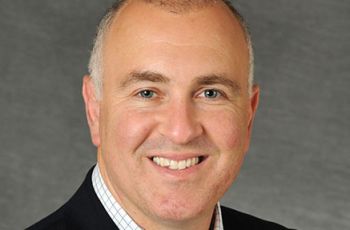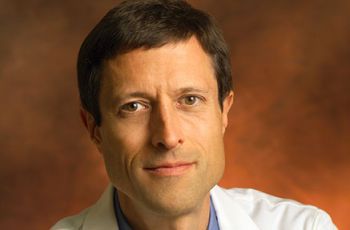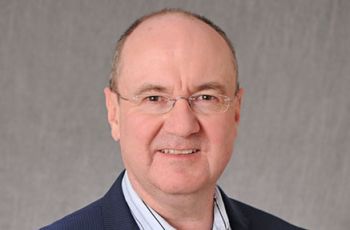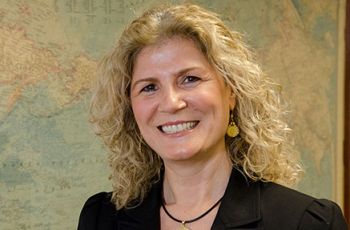News Archive
Eric Hoffman, M.D., chair and professor of integrative systems biology and pediatrics, was quoted in a Huffington Post article about treatment options for Duchenne patients.
Scott Shapiro, M.D., assistant professor of medicine, was quoted in The Columbia Chronicle (Chicago, Ill.) article on his research finding gene therapy may be a promising treatment for those who suffer from heart attack.
Emily Meier, M.D., assistant professor of pediatrics, was interviewed by The Washington Post to discuss treating patients with sickle cell disease and medical progress made to treat the disease.
Neal Barnard, M.D., adjunct associate professor of medicine, was featured in Washingtonian's Well + Being on his recent research finding that removing meat from one's diet may lower blood pressure and therefore reduce risk of heart disease. He was also a guest on FOX10 in Phoenix, Ariz.
Douglas Nixon, M.D., chair and professor of microbiology, immunology & tropical medicine, was quoted in the InTheCapital article on the GW School of Medicine and Health Science's new state-of-the-art lab spaces.
Cathleen Clancy, M.D., co-chief of the Section of Injury Prevention and Toxicology and associate professor of emergency medicine, was quoted in a NPR's Shots post on common drugs that are dangerous for children.
Gerard Martin, M.D., professor of pediatrics, wrote a post for the blog ACC in Touch about physicians tackling public health funding for their congenital heart disease patients.
Researchers announced today that scientists running genomic analyses at George Washington University’s Colonial One High Performance Computing Center will pilot ultra high-speed 40 Gigabit per second data transfers from the National Institutes of Health’s National Library of Medicine (NLM) using…
Neal Barnard, M.D., adjunct associate professor of medicine, wrote an op-ed for Medscape Neurology, disagreeing with a theory that carbohydrate and gluten consumption may cause or contribute to dementia.
The School of Medicine and Health Sciences is pleased to announce that Huda M. Ayas, Ed.D. ’06, M.B.A. ’98, M.H.S.A. ’93, will serve as associate dean for international medicine.




